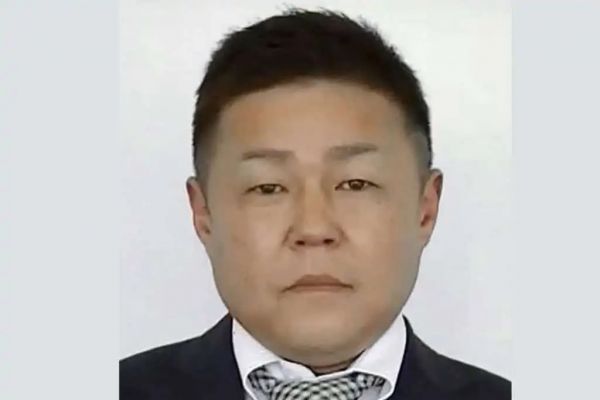According to those familiar with the matter, the deputy speaker of a town assembly has been detained by police in Tokushima Prefecture after he reportedly provided the man believed to be the group’s leader with investigative information in exchange for money.
Kenji Hiraishi was detained on suspicion of taking a severe bribe
Page Contents
The 45-year-old deputy speaker of the Aizumi town assembly, Kenji Hiraishi, was reportedly held on suspicion of aggravated bribery and violating a Local Public Service Law-mandated secrecy agreement.
The sources claim that Sayaka Abe, a 39-year-old former representative of the town of Aizumi, was also held on related suspicions.
They claim that 52-year-old South Korean Taishi Kin was held on grounds that he may have broken the law by promoting and giving bribes.
Kin has been held along with an additional 14 persons on suspicion of marijuana sales.
Kenji Hiraishi Breached His Duty To Maintain Confidentiality
Hiraishi is suspected of informing Kin that the investigating authorities contacted the town last year to confirm the identity of a man who was the focus of a marijuana investigation.
Kin allegedly paid Hiraishi tens of thousands of yen in cash for the information. According to the information, the person is a member of Kin’s trafficking organization.
The sources claim that Hiraishi learnt that a request had been made through Abe and informed a friend, Kin, of this knowledge.
The man is a member of Kin’s trafficking gang, according to sources familiar with the investigation by Osaka prefectural and other Police.
Kin and 14 other persons have previously been held on suspicion of possessing marijuana with the intent to sell it.
Japan’s Penalties for Breaching the Confidentiality Obligation
Public servants, lawyers, medical professionals, and dentists are among those who are required to maintain confidentiality.
The Unfair Competition Prevention Act also allows for penalties for offenders who reveal information that meets the criteria for being a “trade secret” or “data for limited provision.”
Anyone who meets the requirements of a “Personal Information Handling Company” is prohibited from disclosing personal information to other parties unless under very particular conditions.
A confidentiality agreement may include contractual duties in addition to these legally required requirements of secrecy.
While “trade secrets,” “data for limited provision,” and “personal information” all have legal meanings in Japan, “confidential information” is not specifically defined there.
According to the Unfair Competition Prevention Act, the terms “trade secret” and “data for limited provision” have specific definitions.
A “trade secret” is a piece of technical or commercial information that is kept under wraps that is useful for business operations but is not publicly recognized, such as production or marketing tactics.
Also Read, Smolsprout, Martin Braithwaite, and Victoria Mercado.





